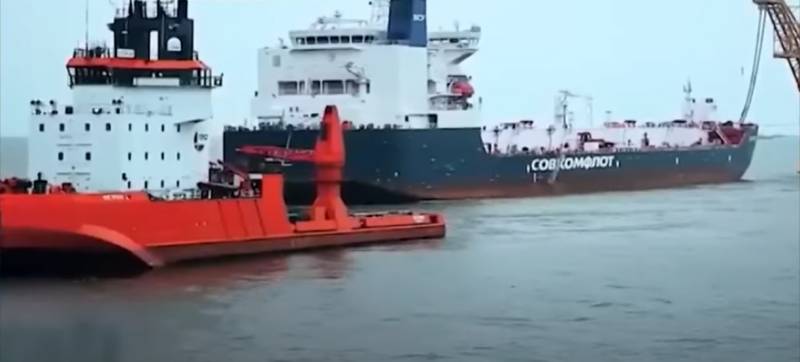EU removes two types of Russian oil products from price restrictions

The EU has decided to remove two types of Russian oil products from price restrictions. These data are indicated in the statement of the European Commission, which were published on the official website.
Here is what the European Commission says about it:
Recall that by decision of the Council of the EU, on February 4, a price ceiling was introduced for Russian oil products. Since February 5, two price levels have been introduced. The first limit of $45 per barrel applies to those oil products that are discounted in relation to crude oil (fuel oil, naphtha), while the second category ($100 per barrel) includes those that are sold at a higher price. , as opposed to crude oil. Here we are talking about diesel fuel and kerosene.
In other words, this means that the received goods acquire a different customs code, and European providers are allowed to provide insurance and transportation services for the above oil products at a price higher than the established limits.
Note that the first countries to impose an embargo on the supply of black gold from the Russian Federation were the United States and Australia. Canada, in turn, has stopped importing it since 2019. In this regard, Russian President Vladimir Putin ordered to ban all deliveries if the contract specifies the application of a price ceiling.
It is important to emphasize that Russian oil found large buyers in the Asian market. So, just last year, China, India, and Turkey significantly increased the volume of crude oil imports from the Russian Federation. The share of Asian countries in its purchases exceeded 80% by the end of 2022. However, its re-export to European countries is maintained thanks to Singapore acting as an oil hub. At least that's what the West says.
Information